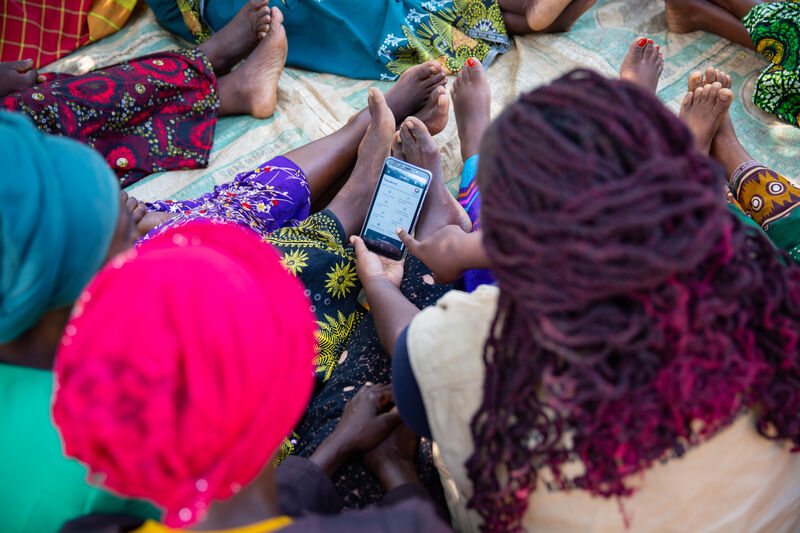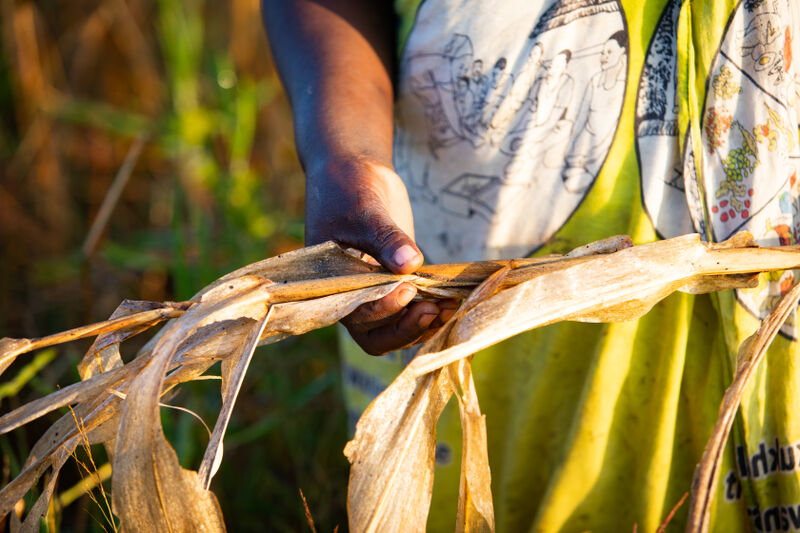
In the village of Ndodo in Malawi, farmers gather in the shade of an acacia tree as a smartphone tells them how to get rid of a weevil that’s destroying their sweet potato crops.
These tips are offered by our app, Ulangizi — which translates as “Advice”. The app is part of a pilot we are running that uses Artificial Intelligence (AI) to provide quick and effective advice to farmers living in some of the most remote and poorest communities. The app is in the local Chichewa language and works on WhatsApp, using data from ChatGPT and the Malawian government’s English-language agricultural manual to answer questions or diagnose crop and farm animal diseases.
We launched the app following the devastating impact of Cyclone Freddy in early 2023. The cyclone displaced almost 100,000 people, leaving fields waterlogged and destroying many of their crops.
“We saw with Cyclone Freddy just how quickly one climate disaster can devastate an economy and a food system, and our farmer-support agents told us that Ulangizi could have helped them not only navigate the consequences of Freddy – but prepare for it,” said Greg Nelson, Opportunity International’s global chief technology officer.

Although AI is increasingly used in agriculture in the developed world, its emergence in low-middle income nations and for subsistence farmers is relatively new. In Malawi, where the app is being piloted, small-scale agriculture provides 80% of the population with a livelihood. This app is supporting Malawian farmers to improve their yields, build resilience and save them time and money.
“Smallholder farmers currently only produce about 20-30 percent of their potential yield. Agriculture needs to double productivity in grain yields and triple vegetable yields to feed the planet by 2050, so this is a critical space to make sure smallholder farmers become the best producers they can be.”
– Tim Strong, head of Opportunity International Agriculture Finance.